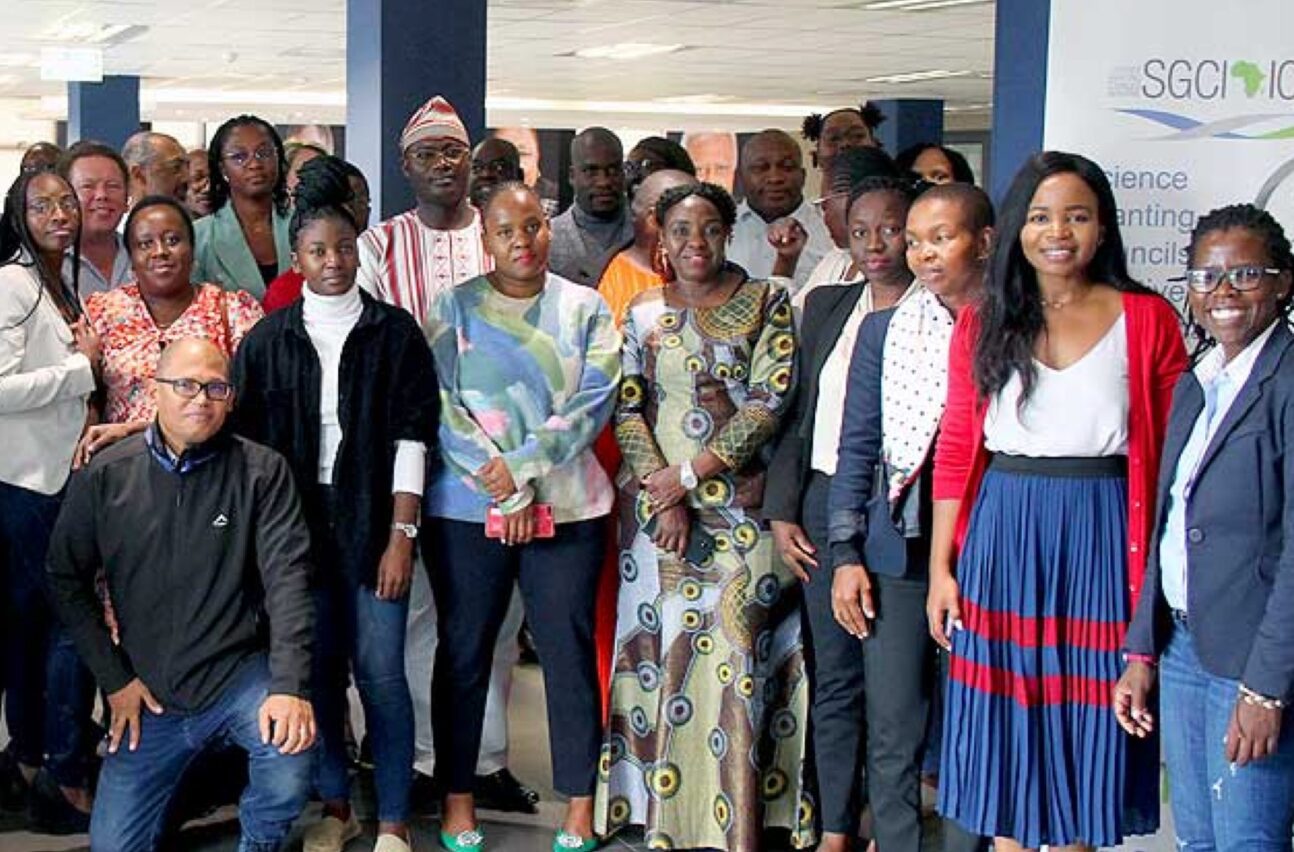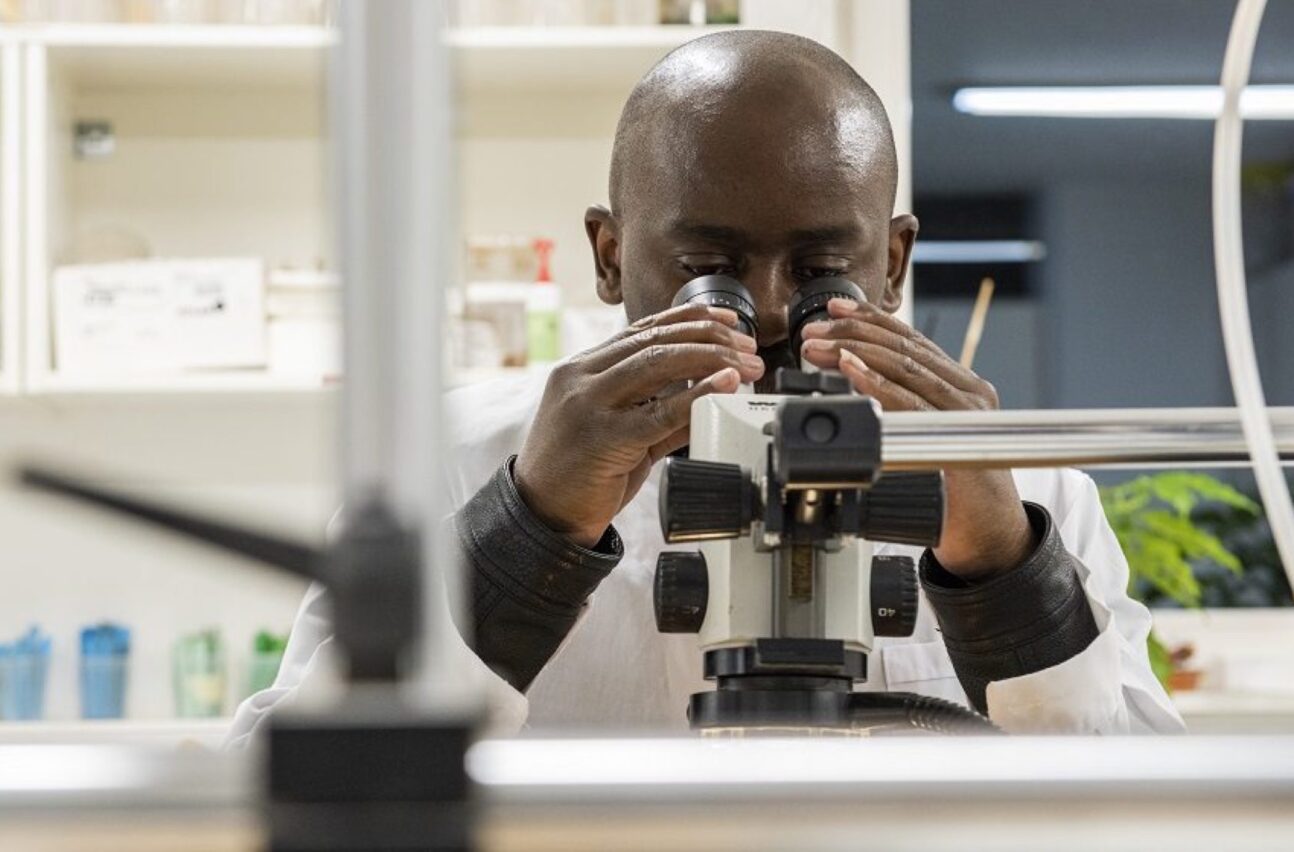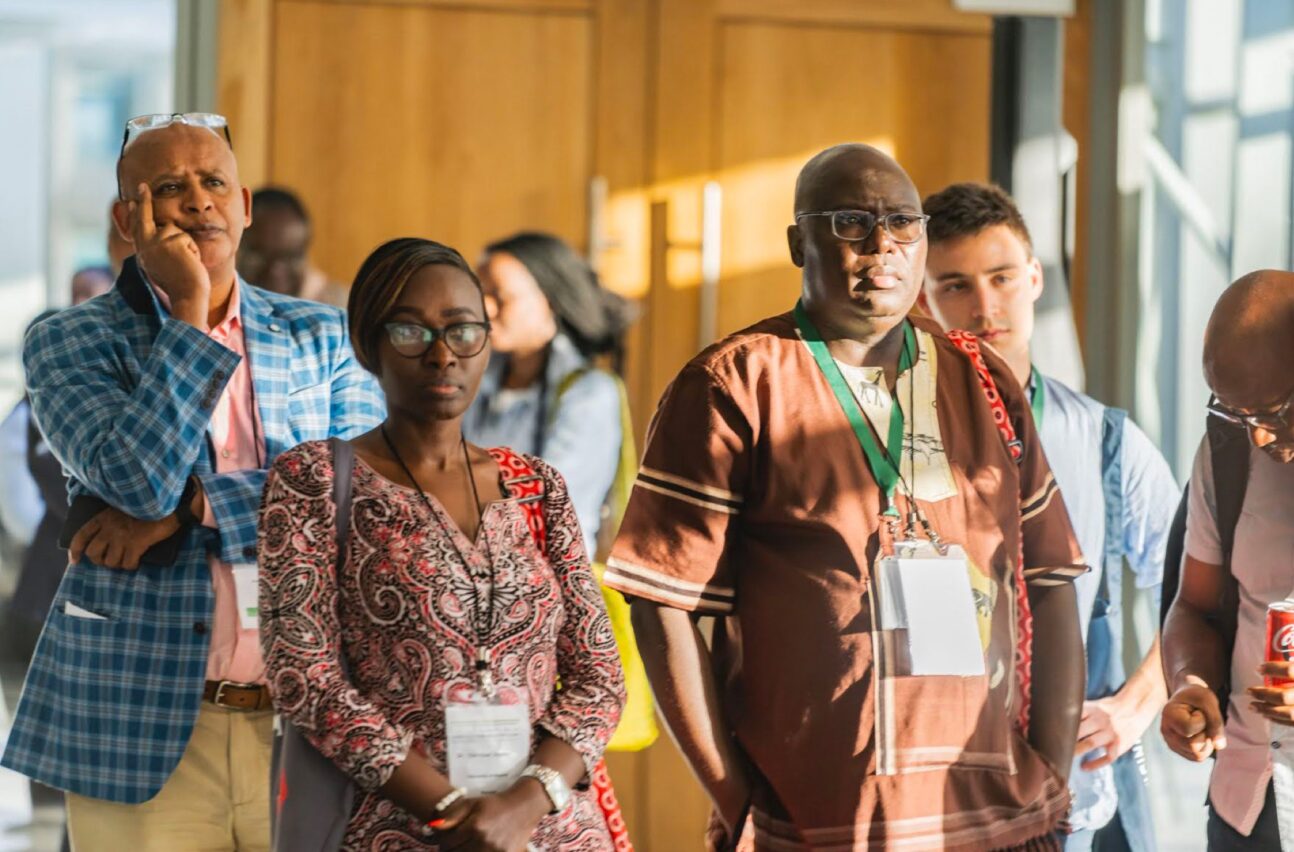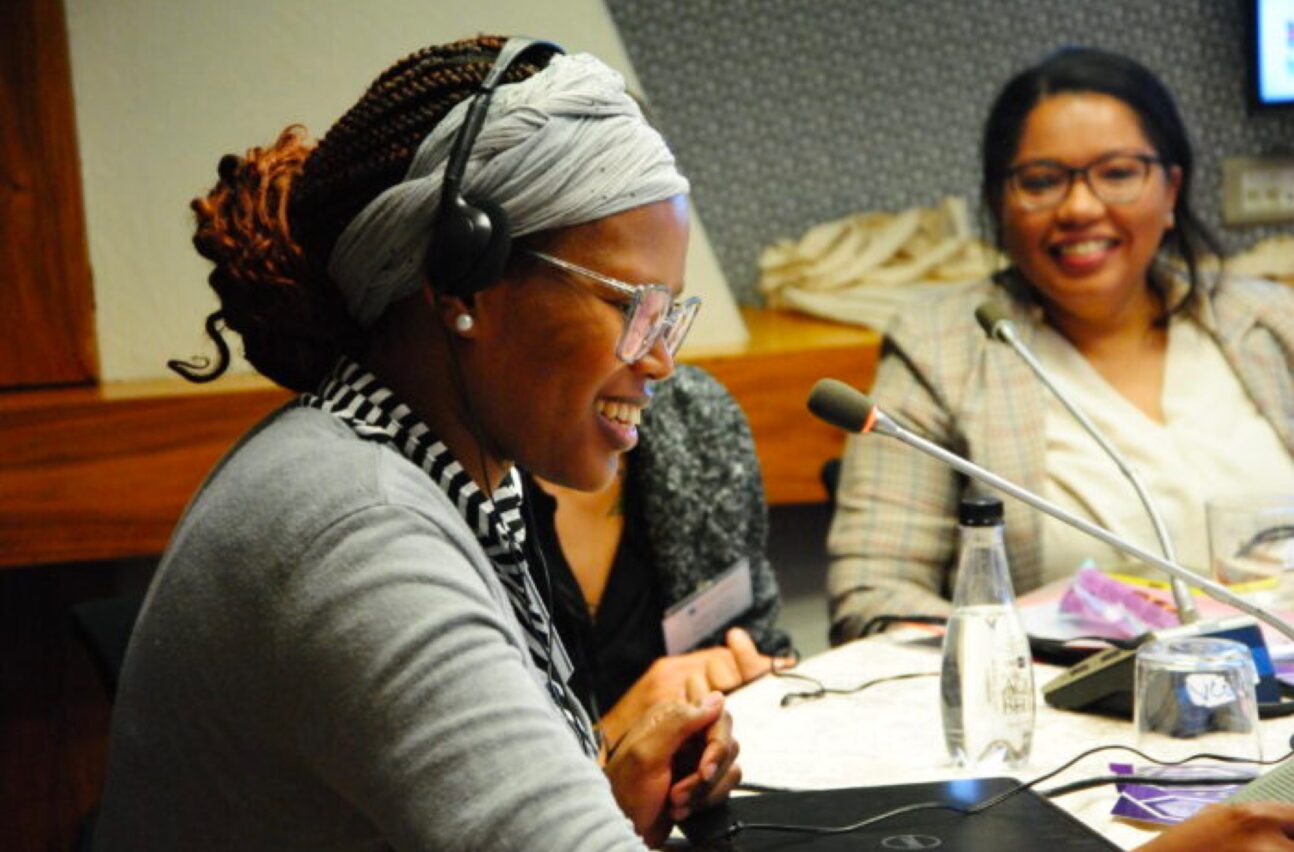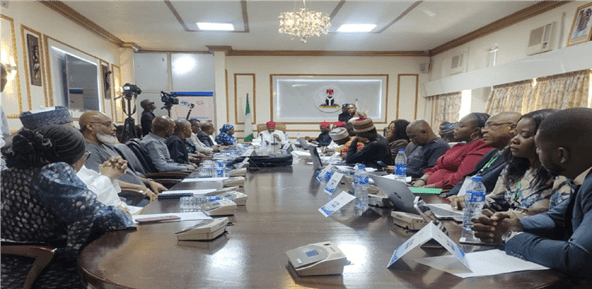A needs assessment is a vital process that identifies gaps between current practices and desired outcomes. It helps organisations overcome challenges by setting priorities and allocating resources effectively. In the…
A needs assessment is a vital process that identifies gaps between current practices and desired outcomes. It helps organisations overcome challenges by setting priorities and allocating resources effectively. In the context of research and grants management in Africa, this ensures improved efficiency, better decision-making, and long-term impact for institutions supporting scientific advancement across the continent.
In June 2023, the Southern African Research and Innovation Management Association (SARIMA) conducted a needs assessment survey. It did this under Phase 2 of the Science Granting Councils Initiative (SGCI). This survey assessed the research and grants management capacity of Science Granting Councils (SGCs) across Sub-Saharan Africa. Through this effort, SARIMA identified key strengths, pinpointed challenges, and uncovered opportunities to enhance how the region funds and manages research. Ultimately, the assessment aimed to analyse current systems, test their resilience, and highlight skills in need of development.
During an SGCI workshop in Kampala, Uganda, 15 of 17 SGCs actively contributed to the assessment, providing valuable insights into their training needs. The survey, conducted as a digital questionnaire, focused on five key areas:
- Virtual training courses
- Professional recognition of Research Management and Administration (RMA)
- Technical assistance visits
- Learning and exchange visits among SGCs
- Knowledge dissemination
Each SGC had previously identified its 2023 training needs, with a focus on research management and grants administration. The feedback was categorised using a Professional Competency Framework (PCF) to pinpoint the most critical areas for capacity building.
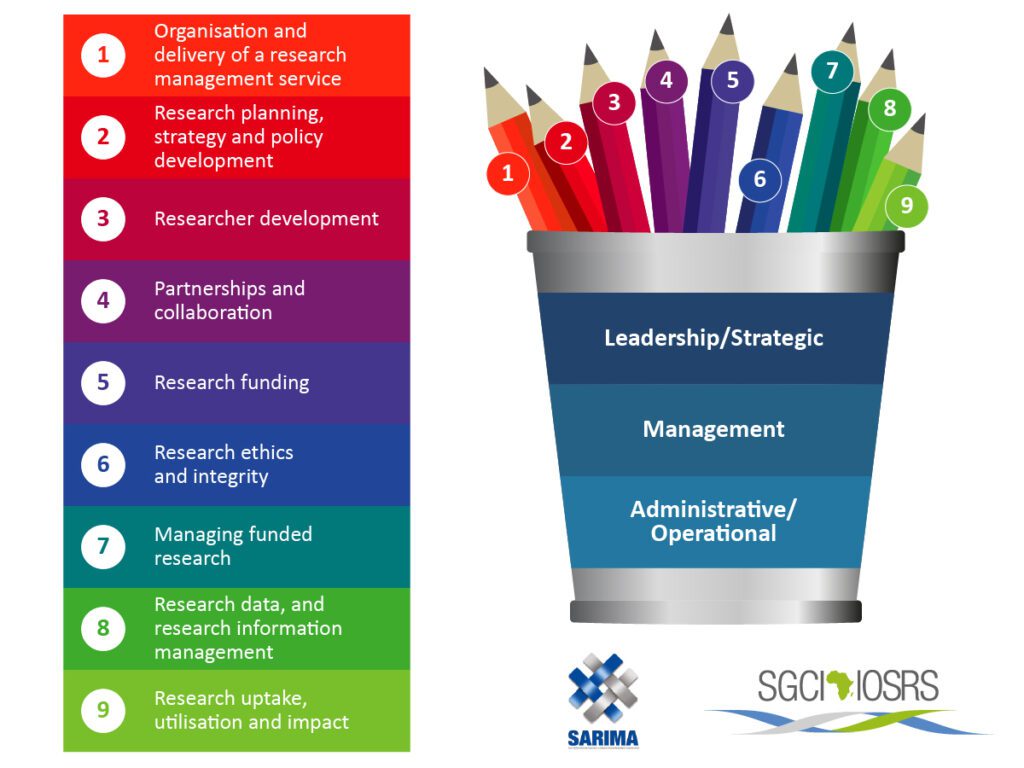
Addressing languages
The survey responses from Burkina Faso, Côte d’Ivoire, and Senegal were translated into English for analysis. An online translation tool was used, followed by verification by a French-speaking team member to ensure accuracy. Following this, the team categorised and analysed the responses, compiling key insights into a comprehensive needs assessment report.
Key Findings: Strengthening Research Management Skills
High Demand for Virtual Training
A significant 88% of respondents had previously participated in SGCI-led training, with nearly all expressing interest in further virtual learning. The top-ranked training priorities included:
- Managing funded research
- Organising and delivering research management services
Professional Recognition in Research Management
Professional accreditation for RMA was highlighted as a priority. The International Professional Recognition Council (IPRC) has already awarded over 50 professional RMA accreditations in Africa, and most SGCs indicated a strong interest in having their staff professionally recognised.
Technical Assistance and Exchange Visits
SGCs overwhelmingly supported technical assistance and peer exchange programmes, recognising them as valuable opportunities for knowledge sharing and skills development. The majority of participants saw in-country technical visits and cross-SGC learning exchanges as essential to strengthening research management practices.
Bridging Knowledge Gaps Between SGCI Phases
The assessment revealed that knowledge transfer between SGCI Phase 1 and Phase 2 could be improved. To address this, the report recommended better dissemination of existing SGCI resources to ensure that councils benefit from past learnings and best practices.
The Future of Research and Grants Management in Africa
This needs assessment revealed a clear and growing demand for capacity-building initiatives across Africa’s Science Granting Councils. By proactively investing in focused training, formal professional recognition, and structured peer learning, councils can significantly strengthen their research and grants management systems. In turn, these enhancements will lead to smarter funding, greater innovation, and a more sustainable scientific future for the continent.
Themes
The SGCI aims to strengthen the capacities of these SGCs to support research and evidence-based policies that will contribute to economic and social development.

